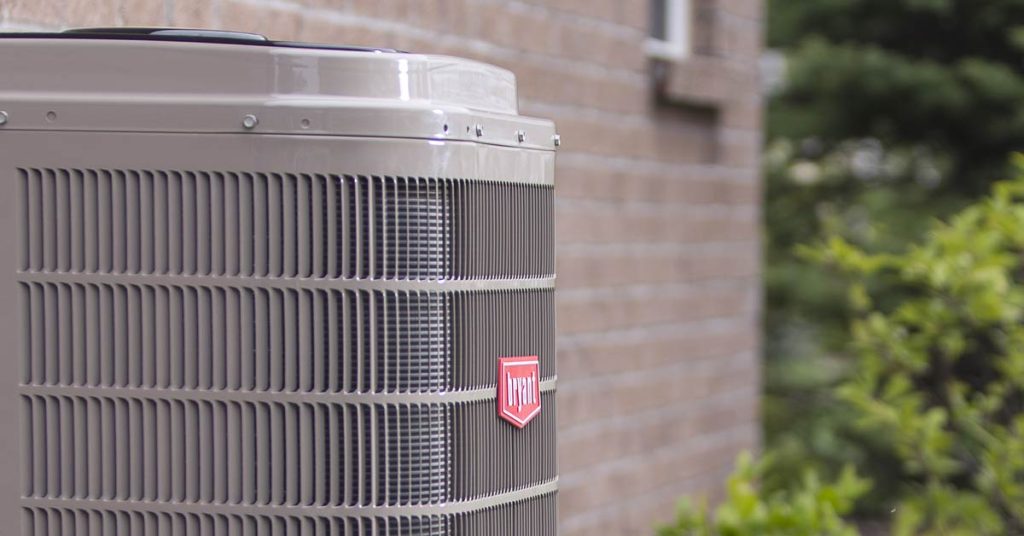Heat pumps have emerged as a cornerstone in the quest for sustainable heating and cooling solutions. Their ability to transfer heat rather than generate it makes them inherently more efficient than conventional systems, such as boilers and air conditioners. However, advancements in technology are continually enhancing their performance, reliability, and environmental benefits. One of the most significant innovations is the development of variable-speed compressors, which adjust their operation according to the heating or cooling demand. This modulation not only improves comfort by maintaining a consistent indoor temperature but also boosts efficiency by reducing energy consumption. Another breakthrough is the integration of advanced refrigerants with lower global warming potential GWP. Traditional refrigerants, like R-22 and R-410A, have been phased out in favor of newer, eco-friendly alternatives such as R-32 and CO2. These refrigerants enhance the heat pump’s efficiency while mitigating its impact on the environment. The shift to these low-GWP refrigerants is crucial as it aligns with global efforts to reduce greenhouse gas emissions and combat climate change.

Can how many watts does a heat pump use in Smart technology has also revolutionized the operation of heat pumps. Modern systems are equipped with Wi-Fi connectivity and sophisticated sensors that allow for remote monitoring and control. Through smartphone apps and smart thermostats, users can optimize their heat pump’s performance from anywhere, ensuring that energy is used efficiently and reducing waste. These technologies also enable predictive maintenance, where sensors detect potential issues before they become serious problems, thereby extending the lifespan of the equipment and avoiding costly repairs. In addition, the incorporation of machine learning algorithms into heat pump systems is a game-changer. These algorithms analyze data from various sources, such as weather forecasts and occupancy patterns, to optimize the heat pump’s operation in real time. By learning from historical data and user preferences, these systems can anticipate heating and cooling needs more accurately, thus enhancing overall efficiency and user comfort. Moreover, the development of hybrid heat pump systems represents another leap forward.
In colder climates where heat pumps alone may struggle to provide adequate heat, hybrid systems automatically switch to the supplementary heat source when necessary. This ensures reliable performance and energy savings while minimizing the carbon footprint. Finally, advances in system design and installation techniques have further improved heat pump efficiency. Enhanced insulation and more effective distribution systems ensure that the heat delivered by the pump is not wasted. Additionally, innovations such as ground-source geothermal heat pumps, which utilize the stable temperature of the earth to provide heating and cooling, offer even greater efficiency and sustainability benefits compared to air-source models. In summary, the innovations in heat pump technology are driving significant improvements in energy efficiency and environmental impact visit www.jnodenergy.com. From variable-speed compressors and low-GWP refrigerants to smart technology and hybrid systems, these advancements are not only making heat pumps more efficient but also contributing to a more sustainable future for heating and cooling. As technology continues to evolve, we can expect even more sophisticated solutions that will enhance the performance and sustainability of heat pumps, further supporting global efforts to reduce energy consumption and combat climate change.